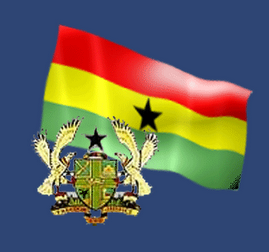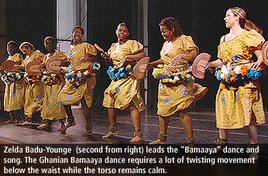
Disaster have been made more noticable in the world, with the improved use of media. Natural and man-made disasters are all covered more frequently; people are interested in knowing what's going on. This can be attributed to technological advances that have made the transmission of news so easy and effective as well as globilization: many more people know someone that is in another part of the world. Human activity have also caused an increase in both natural and man-made disasters. Global warming can certainly be attributed the change in weather patterns. Man-made disasters can be attributed to greater tension between regions. Sometimes, man-made disasters like war, which can result in the wiping of agriculture, can aid in the occurrence of a natural disaster, like a drought. In all cases, it is imperative to save as many lives as possible. It is also important to rehabilitate after the disaster. In saving lives, the triage seems to hold such an important place. It allows for the most humanly possible way to play God; some can say that if a person is destined to die, nothing can save them. In the same way, if a person has been marked as deceased in a triage, but it's not their time to go, nothing will allow them to die. In any case, this system certainly has flaws, but is the best thus far that can be done.
These last few weeks have been so interesting to me because I have learned a lot more that I had no clue about; whereas the first few weeks provided me with more information. It's been really nice marinating all this information as I've read and heard. Hopefully the next time I hear some of this information, I would have enough knowledge about them to engage in intelligent discourse.







